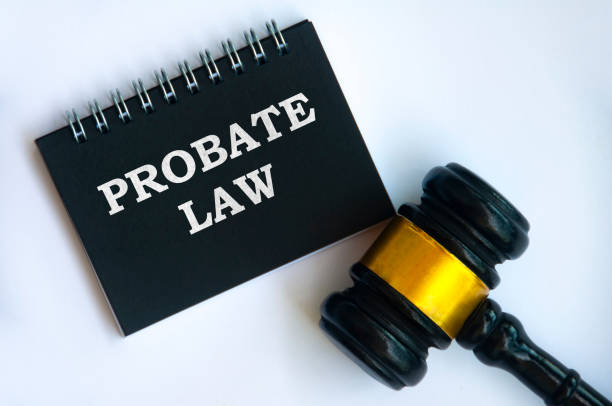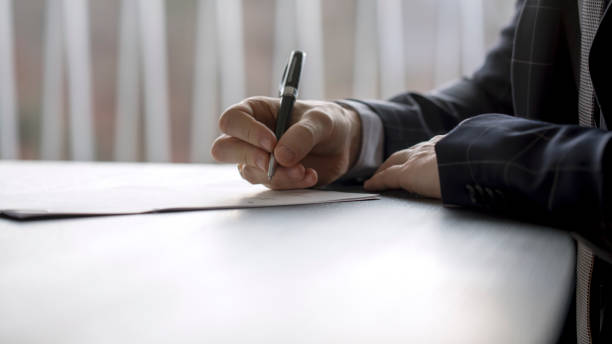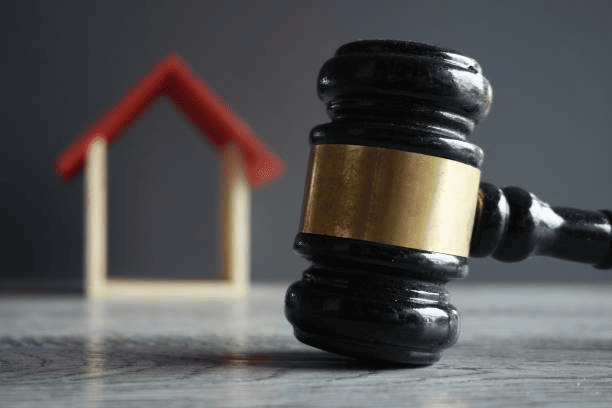What happens after probate is granted? In this article, we’ll take a closer look at the effects of probate in New South Wales, Australia. We’ll discuss the different steps involved in obtaining probate, the costs involved, and the impact that probate can have on families.
Probate is the legal process of administering a deceased person’s estate. It can be a complex and time-consuming process, and it can significantly impact the lives of the deceased’s loved ones.
Effects of Probate in NSW
The process of having a Will probated can have several effects on the estate of the deceased person. First, because it validates the Will, it allows the executor to dispose of the assets and settle the liabilities. Second, probate allows the executor to collect the assets of the deceased. Lastly, disagreements and disputes over the Will or its probate may arise.
What Happens After Probate Is Granted? It Validates the Will.
The general answer to the question what happens after court grants probate is that it validates the Will. Probate confirms that the Will is valid and the executor has the legal authority and is personally liable to administer the deceased’s estate. For a Will to be valid, one must satisfy these requirements:
- The person making the Will (testator) must be over 18 years old and have the mental capacity to understand the nature and effect of the Will.
- The testator must intend to create a legally binding document that disposes of their assets after death.
- The Will must be in writing, either typed or handwritten.
- The testator or someone else must sign the Will in their presence and at their direction.
- Two people over 18 years old must witness the Will. They must not be beneficiaries of the Will or related to the testator.
- The testator must have revoked any previous Wills.
If parties do not meet any of these requirements, the Will may be invalid. This will lead to estate distribution according to the intestacy rules under the Succession Act 2006 (NSW). Moreover, if a party makes a Will overseas, it will generally be valid in NSW if it is valid in the country where they made it.
If a person questions the validity of a Will, they can make an application under the family provision chapter of the Succession Act or challenge the Will in court. The Probate Registry NSW has a facility for lodgement of a Will in the testator’s lifetime, although this is rarely used. If a challenge to a Will is successful and the Will is found to be invalid by a court, the estate will be distributed according to the intestacy rules.
What Happens After Probate Is Granted? It Allows for the Collection of Assets
Once probate has been granted, the executor can collect the deceased’s assets and distribute the estate in accordance with the Will. The process of collecting and distributing the estate may involve the following steps:
- Identify and value assets. The executor must identify all the estate assets, including real estate, personal property, bank account and other bank accounts in financial institutions, superannuation fund, and investments. The assets must be valued, and any debts or liabilities must be deducted from the total value of the estate.
- Sell assets if necessary. If there are not enough liquid assets to pay the debts and distribute the estate, the executor may need to sell some assets, such as real estate or investments.
- Pay income tax, other taxes, debts and liabilities. The executor must pay any outstanding debts and liabilities of the deceased, including funeral expenses, outstanding tax, including income tax and capital gains tax, and outstanding bills.
- Distribute the estate. Once all the assets have been collected and debts paid, the executor can distribute the estate and estate money to the beneficiaries according to the Will. The process of distribution may be different for real estate and personal property.
- Keep records. The executor must keep accurate records of all transactions related to the estate, including receipts, payments, and distributions.
The executor has a fiduciary duty to act in the best interests of the beneficiaries and must follow the instructions in the Will. The executor may need to seek legal advice if there are any disputes or challenges to the Will.

What Happens After Probate Is Granted: Disagreements About the Will’s Validity.
Disputes about the validity of a Will in NSW, Australia, can arise when someone challenges the Will’s legal validity or interpretation. Common reasons may include the lack of testamentary capacity, undue influence, fraud, or improper execution.
- Lack of testamentary capacity. This exists when the testator does not have the mental capacity to make a valid Will.
- Undue influence. If someone coerces or influences the testator to make a Will that does not reflect their true wishes, there is undue influence in the creation of the Will.
- Fraud. The Will is fraudulent when the testator’s signature is forged or altered.
- Improper execution. The executor did not executer the Will properly, so it is not legally valid.
If someone disputes the validity of a Will, they can formally contest the Will or make a claim to the estate. The Supreme Court of NSW interprets Wills made or contested in NSW, and the executor or a party interested in the estate may apply to the court to resolve it.
The person challenging the Will must prove to the court that the Will is invalid. If a challenge to a Will is successful and the court finds the Will to be invalid, the estate will be distributed according to the intestacy rules. It is important to note that if there is a dispute or challenge to the Will, the executor must wait until the court resolves it before distributing any assets.
Applying for Probate
The probate application process in NSW involves the following steps:
- Gather supporting documents. The executor must gather all the necessary supporting documents, including the original Will, death certificate, and any other relevant documents
- Publish a probate notice. The executor must publish a probate notice in the NSW Online Registry, also called a ‘Notice of intended application.’
- Wait 14 days. The executor must wait at least 14 days after publication of probate notice on the NSW Online Registry.
- Submit a probate application. The executor must submit a probate application to the Supreme Court of NSW.
- Respond to Requisitions. The court may issue Requisitions, which are requests for additional information or documents. The executor must respond to these requests promptly.
- Pay the fee. The executor must pay the fee for applying for a grant of probate, which will depend on the value of the assets.
- Wait for probate to be granted. The court will review the application and grant probate if everything is in order. The time it takes to process probate in NSW varies, and it is advisable to check the current processing times for probate at the NSW Supreme Court.

Get Advice from a Will and Estate Lawyer
If you need assistance with probating your Will in NSW, hiring a will and estate lawyer can provide you with expert legal advice and guidance.
JB Solicitor’s Will and estate lawyers can explain:
- what happens after grant of probate,
- help you navigate the probate application process,
- assist with the estate administration process, and
- provide legal representation if there are any disputes or challenges to the Will.
Lastly, talk to one of our Will and estate lawyers today to schedule a consultation and start probating your Will.
